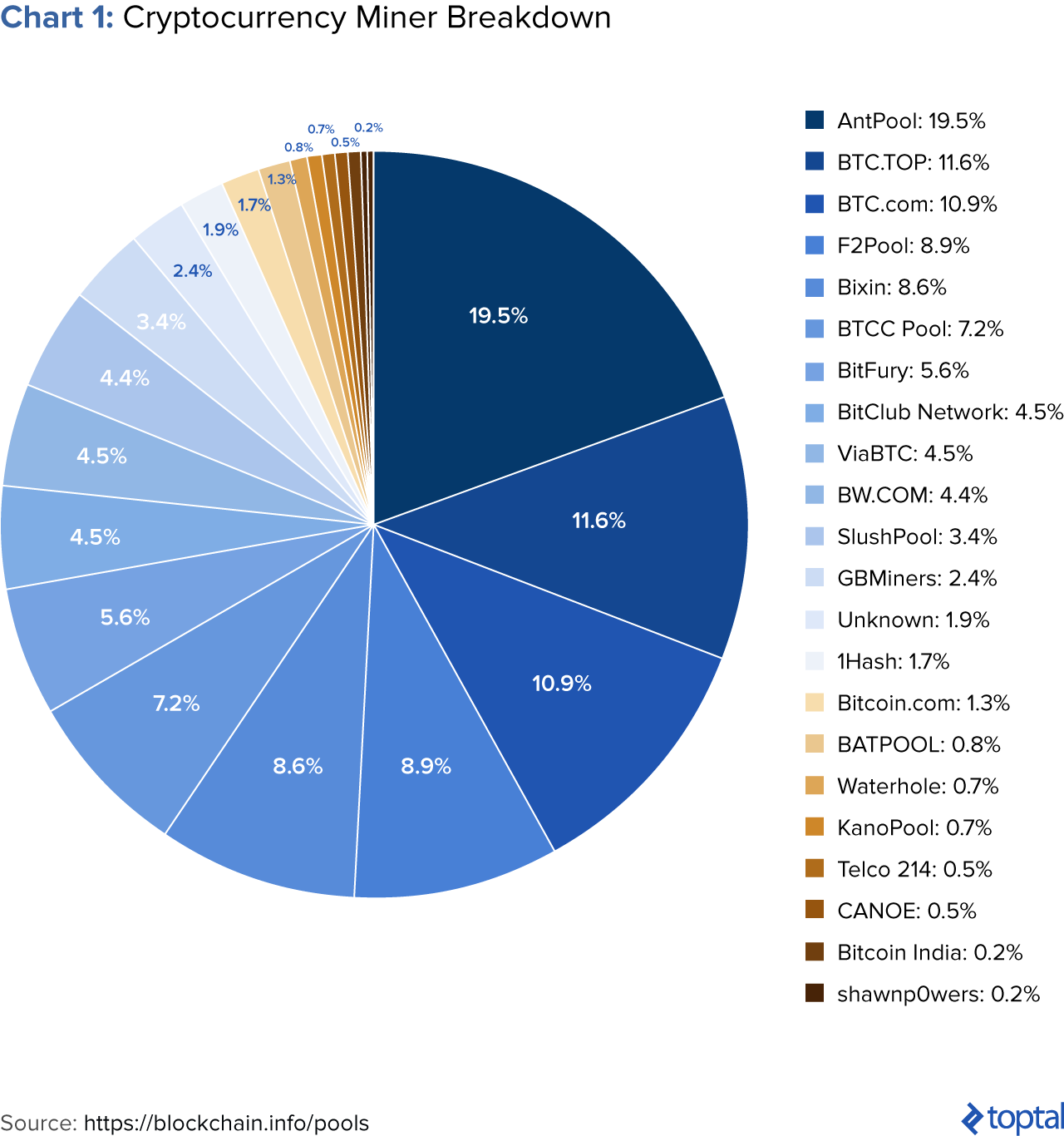Market cap of all cryptocurrencies
The efficiency of the mining hardware is also a crucial factor in determining mining profitability. Mining hardware can be expensive, so miners must balance the cost of the hardware with the potential rewards it can generate 50 fs no deposit. Another factor to consider is the cost of electricity; if it’s too high, it could outweigh earnings and make mining unprofitable.
However, cryptocurrencies don’t have a central authority; rather, the cryptocurrency community and, in particular, cryptocurrency miners and network nodes manage them. For this reason, cryptocurrencies are often referred to as trustless. Because no single party or entity controls how a cryptocurrency is issued, spent, or balanced; you don’t have to put your trust in a single authority.
Since crypto mining requires immensely powerful computers and high electricity usage, experts generally do not recommend using personal laptops or phones. Aside from potential overheating that can damage devices, amateur miners will be facing off against professional operations with top-of-the-line hardware.
Founded in 1993, The Motley Fool is a financial services company dedicated to making the world smarter, happier, and richer. The Motley Fool reaches millions of people every month through our premium investing solutions, free guidance and market analysis on Fool.com, top-rated podcasts, and non-profit The Motley Fool Foundation.
Transaction fees will become a primary source of income for miners, making up around 6% of a miner’s revenue currently, but expected to increase exponentially before Bitcoin’s network reaches its supply limit.
Do all cryptocurrencies use blockchain
The decentralized nature of the blockchain network ensures that no single entity controls the system, allowing for a secure and transparent system that supports the cryptocurrency network. Blockchain provides the infrastructure that supports the cryptocurrency network, ensuring the integrity and accuracy of all transactions.
Crypto exchanges, such as those for Bitcoin and Ethereum, are the most common use case for blockchain technology, providing a secure and transparent system for processing and recording transactions. This technology ensures the integrity and accuracy of cryptocurrency transactions, making them resistant to fraud and hacking attempts.
Transactions on the blockchain network are approved by thousands of computers and devices. This removes almost all people from the verification process, resulting in less human error and an accurate record of information. Even if a computer on the network were to make a computational mistake, the error would only be made to one copy of the blockchain and not be accepted by the rest of the network.

The decentralized nature of the blockchain network ensures that no single entity controls the system, allowing for a secure and transparent system that supports the cryptocurrency network. Blockchain provides the infrastructure that supports the cryptocurrency network, ensuring the integrity and accuracy of all transactions.
Crypto exchanges, such as those for Bitcoin and Ethereum, are the most common use case for blockchain technology, providing a secure and transparent system for processing and recording transactions. This technology ensures the integrity and accuracy of cryptocurrency transactions, making them resistant to fraud and hacking attempts.
Cryptocurrencies all
Almost. We have a process that we use to verify assets. Once verified, we create a coin description page like this. The world of crypto now contains many coins and tokens that we feel unable to verify. In those situations, our Dexscan product lists them automatically by taking on-chain data for newly created smart contracts. We do not cover every chain, but at the time of writing we track the top 70 crypto chains, which means that we list more than 97% of all tokens.
Play-to-earn (P2E) games, also known as GameFi, has emerged as an extremely popular category in the crypto space. It combines non-fungible tokens (NFT), in-game crypto tokens, decentralized finance (DeFi) elements and sometimes even metaverse applications. Players have an opportunity to generate revenue by giving their time (and sometimes capital) and playing these games.
One of the biggest winners is Axie Infinity — a Pokémon-inspired game where players collect Axies (NFTs of digital pets), breed and battle them against other players to earn Smooth Love Potion (SLP) — the in-game reward token. This game was extremely popular in developing countries like The Philippines, due to the level of income they could earn. Players in the Philippines can check the price of SLP to PHP today directly on CoinMarketCap.

Almost. We have a process that we use to verify assets. Once verified, we create a coin description page like this. The world of crypto now contains many coins and tokens that we feel unable to verify. In those situations, our Dexscan product lists them automatically by taking on-chain data for newly created smart contracts. We do not cover every chain, but at the time of writing we track the top 70 crypto chains, which means that we list more than 97% of all tokens.
Play-to-earn (P2E) games, also known as GameFi, has emerged as an extremely popular category in the crypto space. It combines non-fungible tokens (NFT), in-game crypto tokens, decentralized finance (DeFi) elements and sometimes even metaverse applications. Players have an opportunity to generate revenue by giving their time (and sometimes capital) and playing these games.
One of the biggest winners is Axie Infinity — a Pokémon-inspired game where players collect Axies (NFTs of digital pets), breed and battle them against other players to earn Smooth Love Potion (SLP) — the in-game reward token. This game was extremely popular in developing countries like The Philippines, due to the level of income they could earn. Players in the Philippines can check the price of SLP to PHP today directly on CoinMarketCap.
